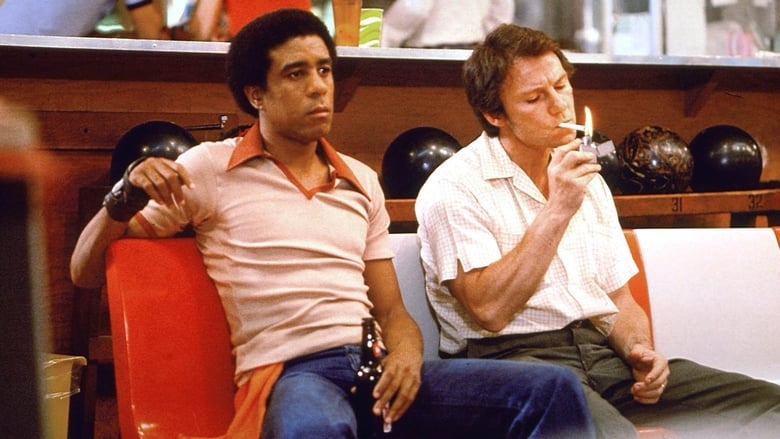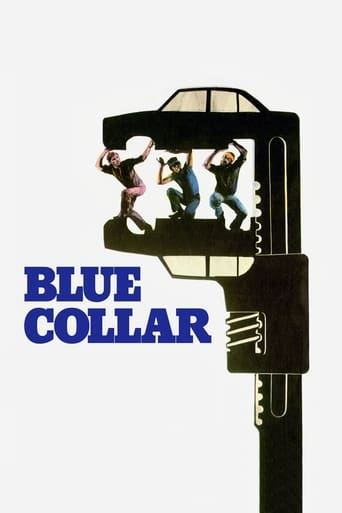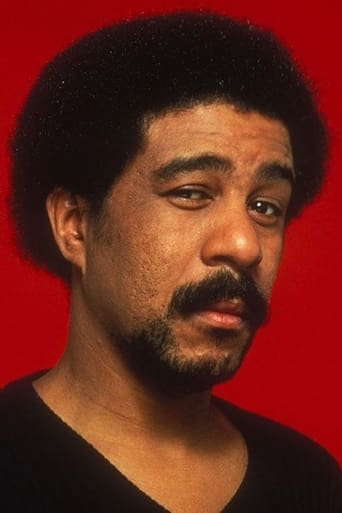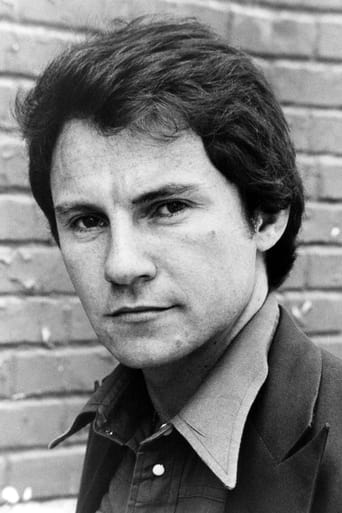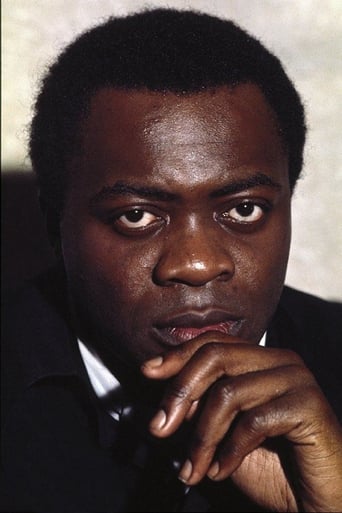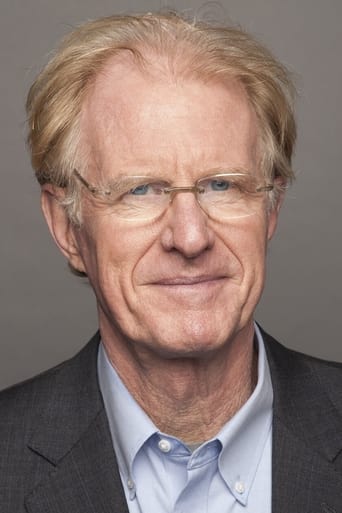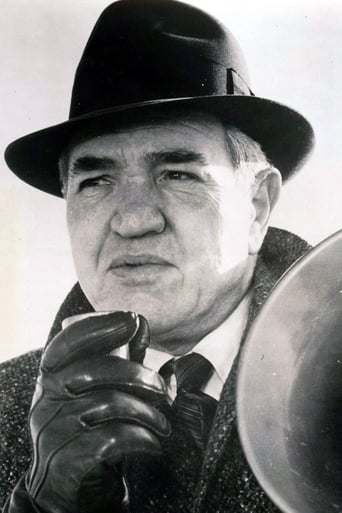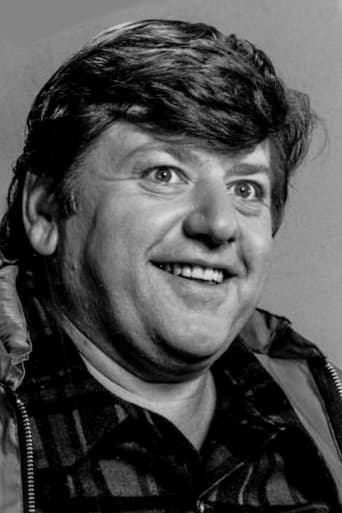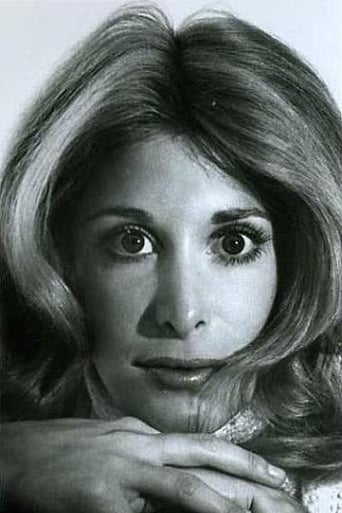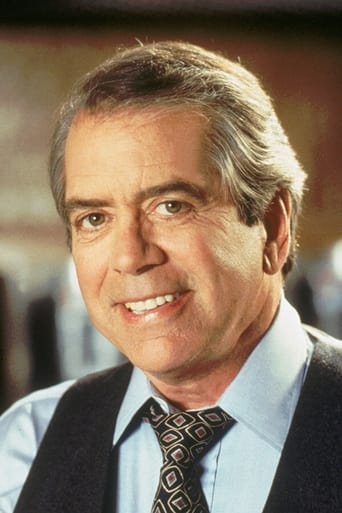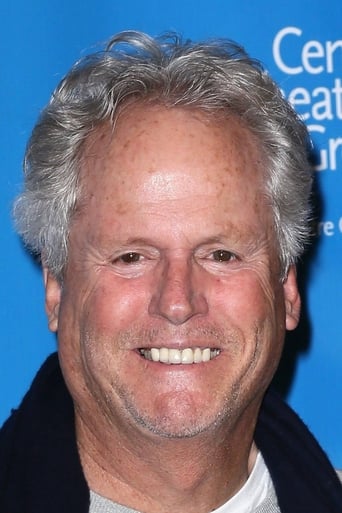Fed up with mistreatment at the hands of both management and union brass, and coupled with financial hardships on each man's end, three auto assembly line workers hatch a plan to rob a safe at union headquarters.
Similar titles
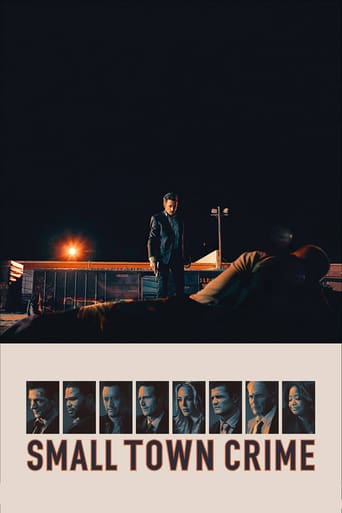

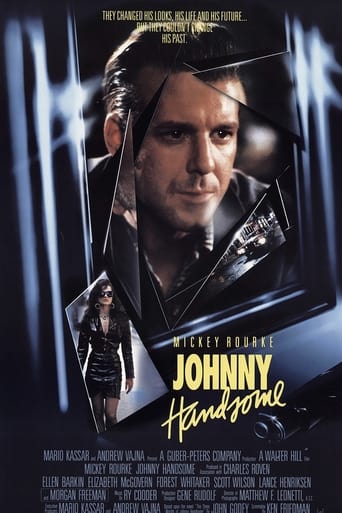
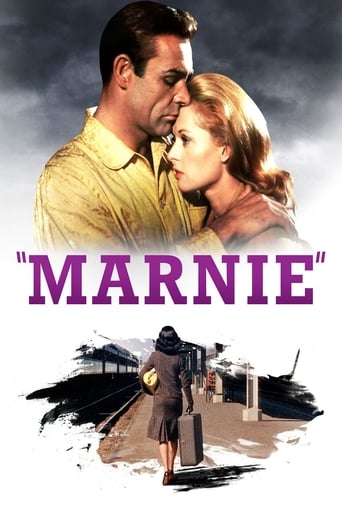
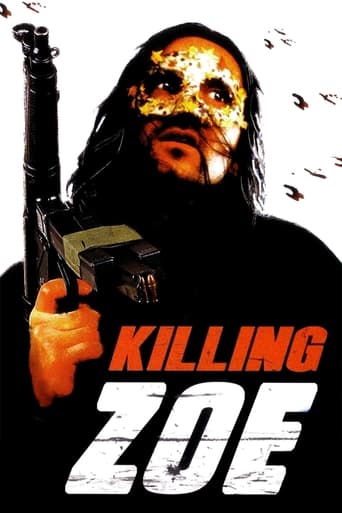
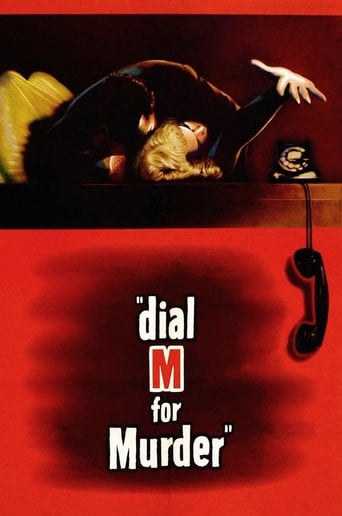
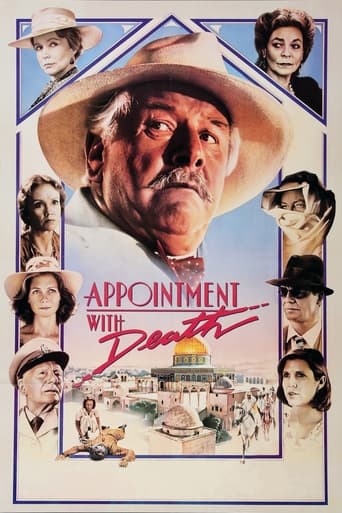
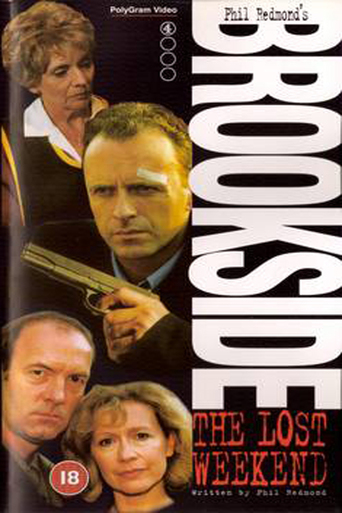
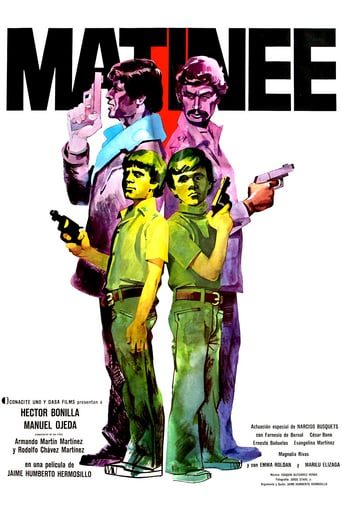
You May Also Like
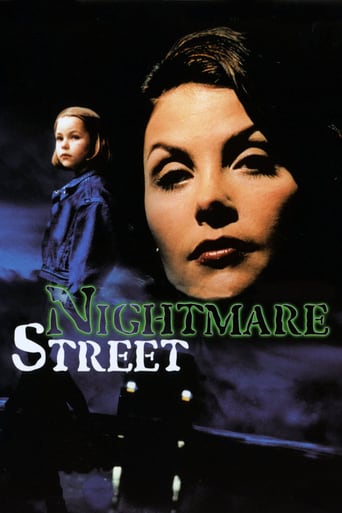
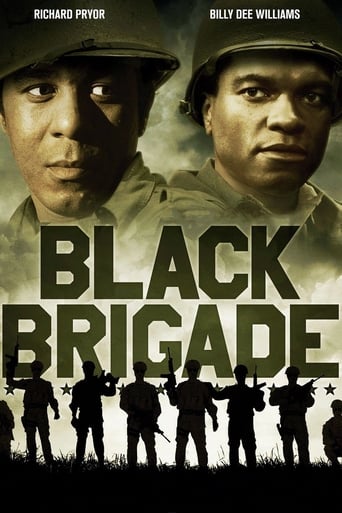
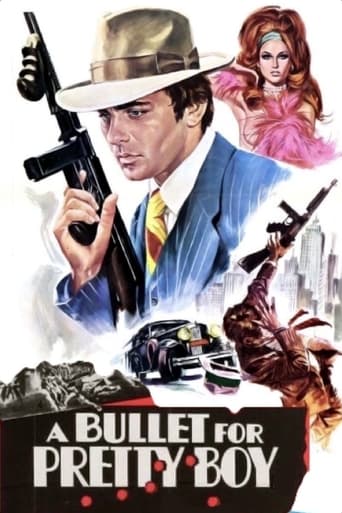
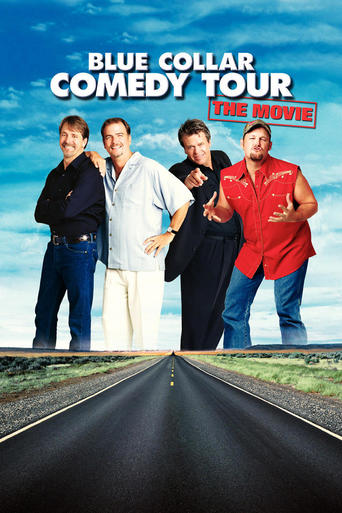
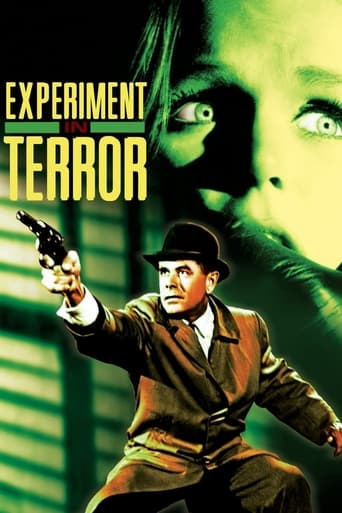
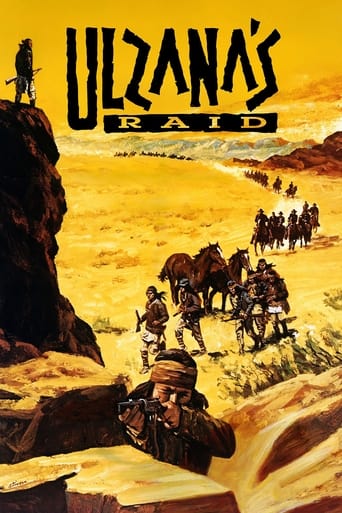
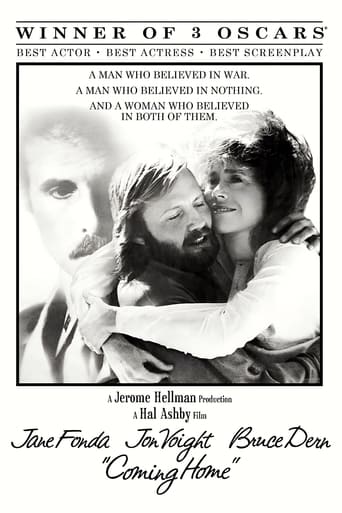
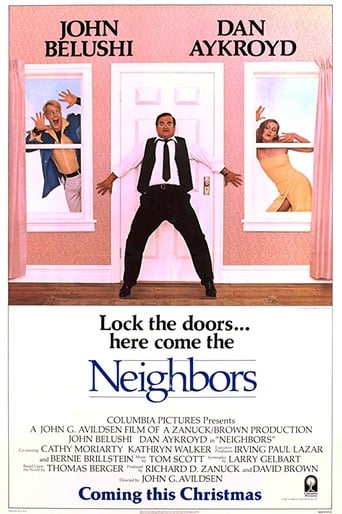
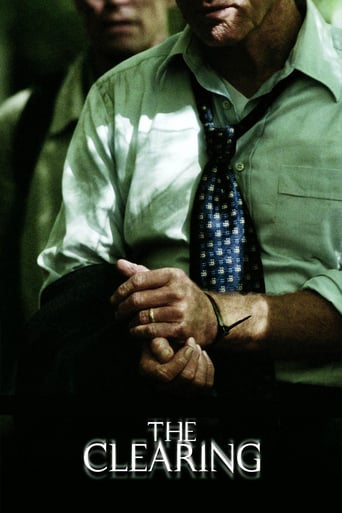
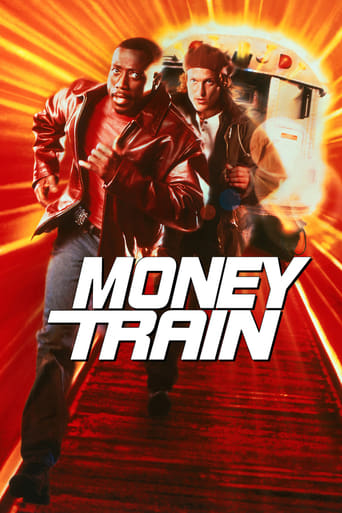
Reviews
One of my all time favorites.
If you like to be scared, if you like to laugh, and if you like to learn a thing or two at the movies, this absolutely cannot be missed.
I enjoyed watching this film and would recommend other to give it a try , (as I am) but this movie, although enjoyable to watch due to the better than average acting fails to add anything new to its storyline that is all too familiar to these types of movies.
Watching it is like watching the spectacle of a class clown at their best: you laugh at their jokes, instigate their defiance, and "ooooh" when they get in trouble.
Could one be emboldened to call "Blue Collar" an important and watchable film, but not as great a film as everyone seems to think it is, and that it's obscurity and failure at the box office was not due to the lucid Marxist implications of what was, on paper, a potential masterwork, but that through an author's own misguided execution became something muddy, unfocused, and inert, especially through the neophyte direction of talented actors whose strife-ridden performances lacked the nuance and specific detail to sharpen a didactic political screed into something that was capable of actually emotionally moving the audience rather than just being intellectually admirable? To me, this is the ironic core of the film's own tragic flaw: it lacks the necessary and basic arc of classical dramatic tragedy, because there is no transition between the beginning's complacent discontent and the ending's ignorant discontent; there should be a transition between the beginning's complacent discontent and the various personal flaws in each individual that leads each of them to convince themselves that an act of crime will be a change-agent against corporate evil when it's nothing but it's own reflection, and it is this specific blind spot in each of them, this essential self-delusion motivated by so much justifiable cynicism and hidden psychological suffering, that is not fully explored in any sort of in-depth way, which doomed the film to an affectively barren and arm's-length experience, and short-circuited the heart of it's powerful social criticism. An interesting footnote is that Schrader recently has stated that he doesn't like the film, and has essentially disowned it. It would be interesting to know why, exactly, he feels this way and if it syncs up with any of these particular misgivings. Just off the cuff, here are some further impressions: Keitel's performance generally lacks vulnerability and paternal tenderness, especially in the scene with his daughter's heartbreaking condition; Pryor's performance, although rife with the brilliant and characteristic stylings of his then-dangerous comic persona, fails to convey the more subtle and encroaching shades of corruption that slowly turns a righteous malcontent into a tragically co-opted puppet, and Kotto, who arguably gives the best performance in the film, is too dialed down and laid-back in terms of representing the larger-than-life Rabelaisian spirit of his character's intelligence and Bacchanalian coping mechanisms, and therefore this somehow lessens the horror of his death (even though the nature of his death scene is horrifying in principle) thereby reducing the symbolism of his character as the most potent spiritual threat against the deathtrap of capitalist exploitation, which renders him the figure out of the three main characters to be most fated to an assembly-line martyrdom. All this being said, the film is a respectable and iconic example of what was possible within the non-corporatized mainstream studio system of the late 1970's, a Hollywood as gone with the wind as any lost civilization in history. For that reason alone, it should be cherished and appreciated, and it's nice to see that it has been re-released in a beautifully restored print on Blu-Ray, with much more compelling artwork than even it's original 1978 theatrical release poster.
You work hard, but cant pay the bills. How is that any different from nowadays? Back in the seventies wages got frozen. Since then the hard working people got more and more into trouble with inflating prices while wages didnt rise accordingly. The Unions who were suppose to look out for the working people were powerless or corrupt. Money troubles can lead to crime out of desperation. That's what happened in the story of "Blue Collar" in which Richard Pryor, Harvey Keitel and Yapfet Kotto play 3 factory workers who plan a heist, because they cant pay the bills no more. Will they get away with it?Special praise for the acting performance of Richard Pryor, Yaphet Kotto and Harvey Keitel. It is really a characters movie. Acting is paramount. And everybody excells in it. Truly excells! "Blue Collar" is without a doubt the best and most serious work of Richard Pryor. No jokes here. Stay away, far away if you wanna see a fun movie. "Blue Collar" is as real and as bleak as it gets, directed by none other then the legendary Paul Schrader who also wrote the script of the Robert de Niro classic "Taxi Driver".At an endnote I wanna praise the soundtrack by Jack Nitzsche, Ry Cooder and Captain Beefheart. Anyone familiar with these names will immediately raise their ears. And those ears will get pummeled by terrific pounding blues stompers, like the working men in this story get pummeled too...
Paul Schrader's Blue Collar paints a depressing picture of the American blue collar worker - one Karl Marx would've simply shook his head at and scoff at in disgust. It shows a group of relatable individuals, all of whom slumming their lives away at a dead end, blue collar job, knowing all too well that they're expendable employees, when one particular member of the labor union is so unsatisfied with the lack of productivity on part of his union bosses that he challenges the incumbent to run for union boss. He believes that, if elected, he'd work for the people rather than having the people voice demands that ostensibly appear to fall on deaf ears. It isn't until he inches closer and closer to this potential gig that he realizes just what he's up against, the hoops he'll have to jump through, and the soul of his he'll have to sell in order as a price that comes with that kind of title.The optimistic soul is Zeke Brown (Richard Pryor), who works alongside his two best friends Jerry Bartowski (Harvey Keitel) and Smokey James (Yaphet Kotto). A great deal of Zeke's motivation to run for union boss comes when a tax collector comes to his house to collect unpaid taxes. In a bout of rage and frustration I'm sure many of us have felt, Zeke rants at the blameless tax collector by saying he barely makes enough money to buy food for his home, let alone keep the electricity running. He follows up by asking why he can't get a break when the same tax collectors give countless breaks to those on Wall Street. Zeke's rant is one of the defining scenes of this film, for it tackles a problem that, even over thirty years following this film's release, is a constant, every-day problem and insurmountable battle for a great deal of families.Zeke, Jerry, and Smokey decide to find a way to rob the union headquarters. However, upon executing their plan, they discover the union boss doesn't lie when he says that the union is low on cash, for they find very little money. The trio then stumble upon a ledger that contains information about illegal loans that reveal mob connections. Now the men know what it's like to be plunged into a world of crime and uncertainty, with their lives at risk and their optimism for their careers turned into a bitter, backstabbing game of survival of the fittest in a capitalist nightmare.There's a sadness that lurks in many American crime dramas and that sadness usually stems from the fact that something that should benefit people, or, at the very least, give them something to believe in, doesn't actually operate the way people think it does. Martin Scorsese's Casino showed us the brutal interworkings of a Las Vegas casino that was rigged to make the consumer lose at all cost, and make the soul pay a hefty price had they tried to beat the odds, and a movie like Oldboy shows the real ugliness of people in a crowded, tight-knit area that would lead you to believe people would be brought together or at least unified on a collective term. Blue Collar, however, cuts deeper. These are blue collar jobs we're looking at with this film; not clean-cut white collar jobs and not a rare case of fraud or backhanded dealings in one company. These kinds of manipulating tactics used amongst big business are an unfortunately common practice and Schrader exposes it in a startling manner.Schrader uses his exposure by getting Richard Pryor the leading role in a film that only manages to be funny when Pryor's character shows off his brazen attitude, which is very infrequent. Here, Pryor goes from the easily recognizable funny-man many of us know him as to a frighteningly hungry character, be it hungry for truth, or eventually, hungry for manipulation and winning. He commands the screen, even when assisted by the likes of Kotto and Keitel. This is his film through and through, a film where his formerly basic color palette of an actors transcends any kind of pre-conceived notions or judgment and shine bright and really show audiences his capabilities as a well-rounded character actor.Blue Collar is an ugly film, thematically and in terms of the situations its characters are forced into. It shows personal economic freedom and progress as a neverending cycle that results in nothing but further inequality and disenfranchisement from a country that allegedly fights against it. If a film like this came out in present time it would be a strong social statement, but its 1978 release date shows that little has changed in present time when it comes to the dealings of big business.Starring: Richard Pryor, Harvey Keitel, and Yaphet Kotto. Directed by: Paul Schrader.
This is a film about a group of auto shop workers who are dissatisfied with elements of their union. I thought this would be another typical film about the lower class struggling for their rights, and any of these such films that attempt to be worth anything at all usually put some sort of twist on that basic premise, however in this film, it shifts away from its apparent initial focus, and becomes much more complex.One comment said it was a bad film because the main 3 characters were not sympathetic enough, which is always a stupid basis on which to judge a film's caliber. The whole point of the film, which any objective viewer will see midway through, is that the lines between good and bad and right and wrong among the different classes is very blurred, and in the end everyone has aspirations, and each party wants to keep what they own and possibly strive for more, whatever the cost. The focus of this film thereby becomes a criminal plot involving a robbery of the union funds which develops into a complex entanglement of various illegal or under the table activities which soon the 3 main characters are no longer able to deal with.Richard Pryor gives a surprisingly powerful performance while the character Smokey is also very well portrayed by the actor playing him. I saw this film because I like Harvey Keitel and anticipated good things with Paul Shraeder as the director. Keitel is no disappointment but his role doesn't really lend itself to anything extremely impressive.Paul Schraeder is a fairly good director who seems to add a certain realism to his films that very few directors are able to capture in the way he sets up the scene and dialogue. Also here he is able to depict a really spectacularly done death scene in my opinion, but as you get into it, like in most of his films, certain technical flaws begin to surface, and in part spoil the good elements; for example something as plainly careless as having 4 pins lined up in the bowling scene for 1 shot, and then only 3 in the next shot. Also the break-in into the building was not very convincing while not completely laughable, but I suppose one could let both these failings pass. Harvey Keitel's continued contact with the FBI character towards the end is a little too ambiguous for my liking, but by far the biggest flaw is the introduction of the debt collector to whom Smokey owed money. He is by far the most important plot device but we are given no background on him, he just suddenly shows up in Smokey's back car seat one day, then soon after, gets pinched for likely shooting a cop and sells the 3 workers out to the police. Also the whole setup when Smokey just HAPPENS to overhear some thugs calling up his friend's wife, and he shows up waiting for them with a baseball bat, (clearly after having to break in himself) while the entire family just HAPPENS to be not at home, adds to the list of stretchy plot development. When dealing with a complex plot, Schraeder often fails to strengthen or properly establish many important plot devices, and in the end they simply appear as that... plot devices. Though I cannot exaggerate too profoundly how most directors are much worse than him in this regard.This is a film that has a powerful message, good acting, and some very good scenes, but the plot just becomes too complex and it appears somewhat stagy by the near end, however it is a very engaging movie with an overall interesting story, it simply could have been greater. the first 80 minutes of this film is really nothing but buildup up to the point of the robbery. only roughly 25 minutes is left when all the real complex development unfolds. If perhaps the resolution was 10 or 15 minutes longer, it would have strengthenned the film.
Top Streaming Movies











